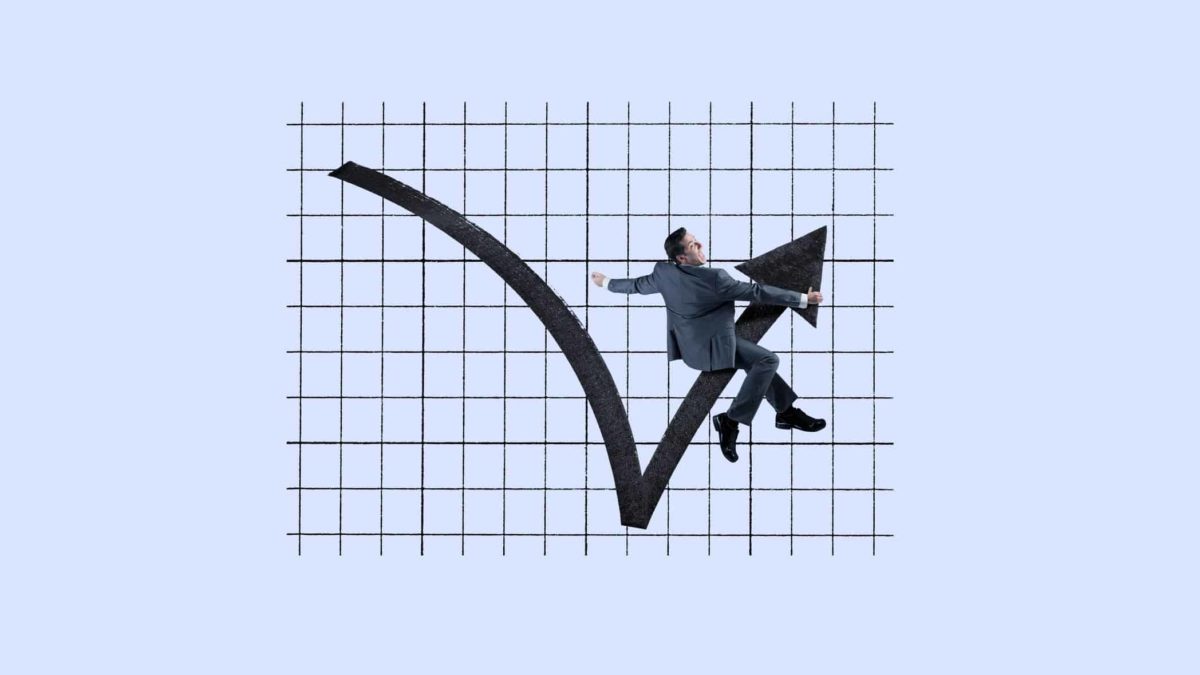As any investor who hasn't found a new home under a rock lately would know, the ASX share market has had a very rough few weeks lately. After climbing over 7,500 points back in February (representing a year-to-date gain of 8.8% at the time), the S&P/ASX 200 Index (ASX: XJO) promptly cratered.
By mid-March, it was back under 6,900 points, having lost close to 9% of its value peak to trough. Although the market has seen a bit of an upswing over the past few days, we convincingly remain well below where we were at the start of February.
So why has the stock market dropped so convincingly over the past few weeks, in stark contrast to the happy start it had to 2023?
Well, it's hard to put a finger on exactly. But there's little doubt that the crises we have seen with the global financial system have played an outsized role.
It all started with the unexpected collapse of the SVB Financial Group (Silicon Valley Bank) in early March. SVB is, or at least was, a specialty bank catering to startups, tech companies and other businesses that inhabited the United States' famous Silicon Valley tech hub.
It seems that the rapid rate of interest rate rises in most countries around the world (including and especially the US) destabilised SVB's finances to such a degree that it endangered the entire company.
If it was just SVB then perhaps the markets would be back to where they were in February. But SVB's collapse started something of a chain reaction, with the giant Swiss bank Credit Suisse following suit shortly after. Credit Suisse has since been acquired by its fellow Swiss bank UBS. But fears of financial contagion are clearly well-entrenched now.
So it's this banking crisis, together with high interest rates, that we can probably blame for the share market's recent woes.
And now, onto the question everyone wants to know: when will the markets recover?
When will the stock market be as it was?
Well, I have a simple answer: I have no clue. And nor does anyone else, no matter what they might say.
If someone knew how to consistently pick the tops and bottoms of any share market, they would be richer than Warren Buffett, Jeff Bezos or Elon Musk. But seeing as the global rich list is devoid of stock pickers, it just goes to show how tricky this business is.
So I'm not trying to 'time a bottom' here. And nor should you. Instead, do what has always worked in the stock market: find quality businesses you can buy for a reasonable price. That's how Warren Buffett got (and stays) rich.
And that's the best ticket that any of us have to gain real wealth from ASX shares. Don't worry about tops and bottoms, or crises and banks.
Both the stock market and the many quality shares it houses have never failed to regain previous all-time highs. That's despite global recessions, depressions, wars and pandemics. I don't think this trend will end with the collapse of a couple of banks in 2023.









